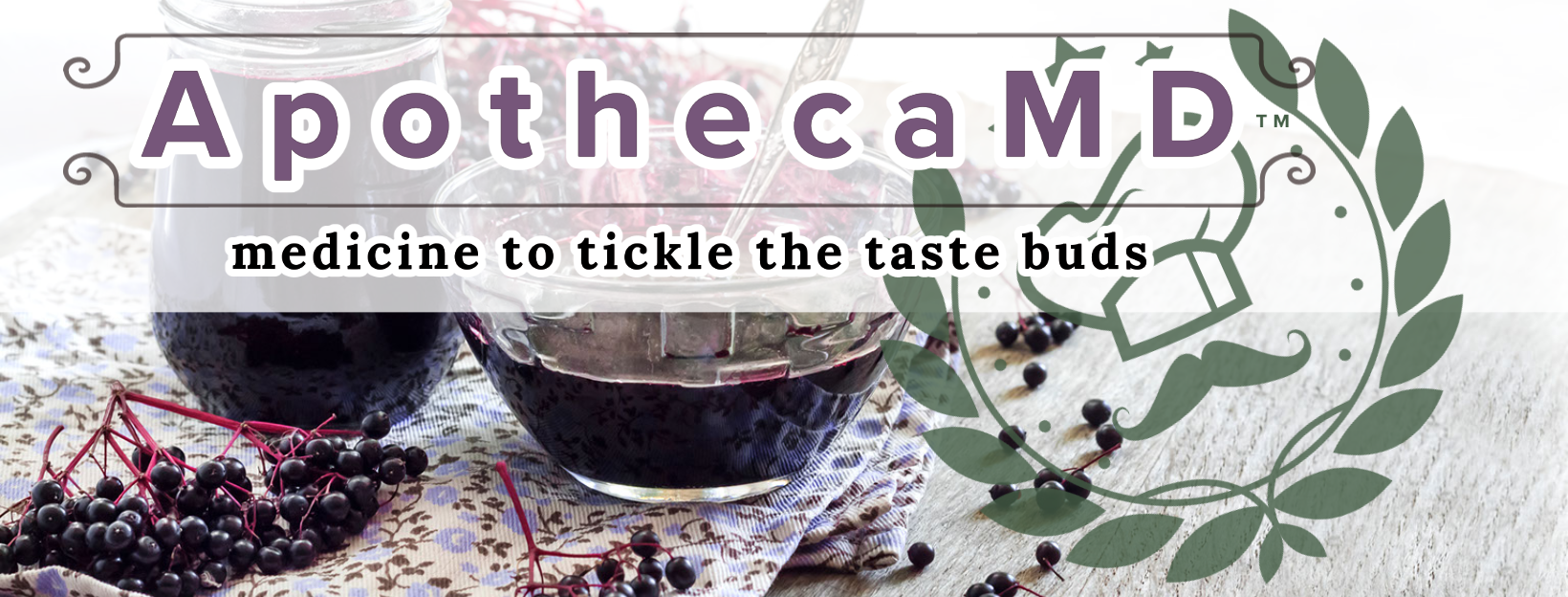AMPK/PGC-1alpha/GLUT4-Mediated Effect of Icariin on Hyperlipidemia-Induced Non-Alcoholic Fatty Liver Disease and Lipid Metabolism Disorder in Mice
Biochemistry (Mosc). 2021 Nov;86(11):1407-1417. doi: 10.1134/S0006297921110055.
ABSTRACT
Non-alcoholic fatty liver disease (NAFLD) is the most common liver disease in the world. Therapeutic activity of icariin, a major bioactive component of Epimedii Herba, in NAFLD is still unknown. Herein, the C57BL/6J mice were fed with a high-fat diet for 16 weeks to establish a NAFLD model. Mice were assigned to five groups: control group, NAFLD group, and icariin treatment groups. Effects of icariin on blood indices, glucose tolerance, insulin sensitivity, histopathological morphology, cell apoptosis, lipid accumulation, and AMPK signaling were analyzed. In addition, another cohort of mice were assigned to five groups: control group, NAFLD group, dorsomorphin treatment group, icariin treatment group, and dorsomorphin + icariin treatment group. Expression of proteins in liver tissues associated with AMPK signaling, and levels of ALT and AST were evaluated. Icariin attenuated the NAFLD-induced increase of the TG, TC, LDL-C, ALT, AST levels. HDL-C levels were affected neither by NAFLD nor by icariin. Furthermore, icariin treatment (100-200 mg/kg) counteracted the NAFLD-reduced glucose tolerance and insulin sensitivity and modulated histopathological changes, cell apoptosis, and lipid accumulation in liver tissues. Additionally, icariin mitigated the NAFLD-induced up-regulation of the cleaved caspase 3/9, SREBP-1c, and DGAT-2 levels, and enhanced the expression level of CPT-1, p-ACC/ACC, AMPKα1, PGC-1α, and GLUT4. Effects of icariin on the AMPK signaling and levels of AST and ALT could be reversed by AMPK inhibitor, dorsomorphin. This paper investigates the glucose-reducing and lipid-lowering effects of icariin in NAFLD. Moreover, icariin might function through activating the AMPKα1/PGC-1α/GLTU4 pathway.
PMID:34906049 | DOI:10.1134/S0006297921110055

